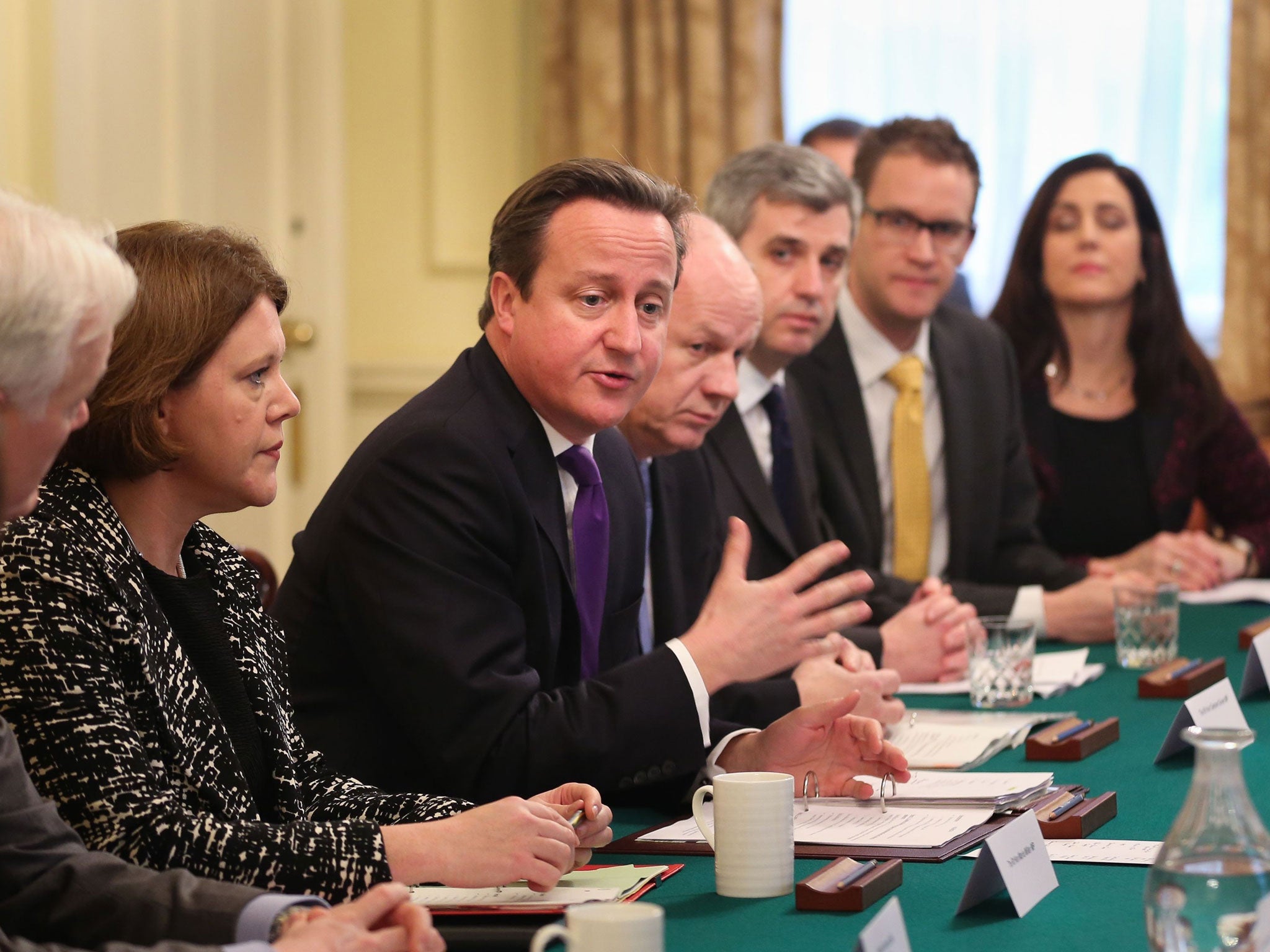Google, Facebook and Twitter to remove millions of online images of child sexual abuse
The internet giants have teamed up with British charity the Internet Watch Foundation

Google, Facebook and Twitter are to remove millions of online images of child sexual abuse.
In the first scheme of its kind, anti-abuse campaigners from the Internet Watch Foundation (IWF) are sharing lists of indecent images with the firms.
The aim is to quickly remove images of victims – identified by so-called “hash codes” – to prevent them from being repeatedly shared.
IWF workers search for child abuse images online and allocate them an individual hash code, akin to a digital fingerprint.
Campaigners reckon sharing the “Hash List” represents a “game changer” in the fight against online paedophilia.
The move will help prevent images of abuse from being uploaded to the internet in the first place, giving companies the power to stop people from sharing images on their services.
It will also protect people from accidentally stumbling across the images online.
But experts say that the Hash List will not block images found on the dark net, a restricted access network that hides users’ identities.

Creating a hash of a single image allows it to be "plucked" from the internet, like finding a needle in a haystack, the IWF said.
Lists will be shared with internet companies that provide services such as the uploading, storage or search of images, filtering or hosting services and social media and chat services.
Susie Hargreaves, chief executive of the IWF, said: "Our Hash List could be a game-changer and really steps up the fight against child sexual abuse images online.”
The NSPCC said the scheme shows internet firms are taking a "more proactive role" but warned there was more to be done to "strangle the life out of this sordid trade".
David Cameron last year set up a new police unit to target “sickening” child abuse images being shared by paedophiles on the dark net.
Additional reporting by Press Association
